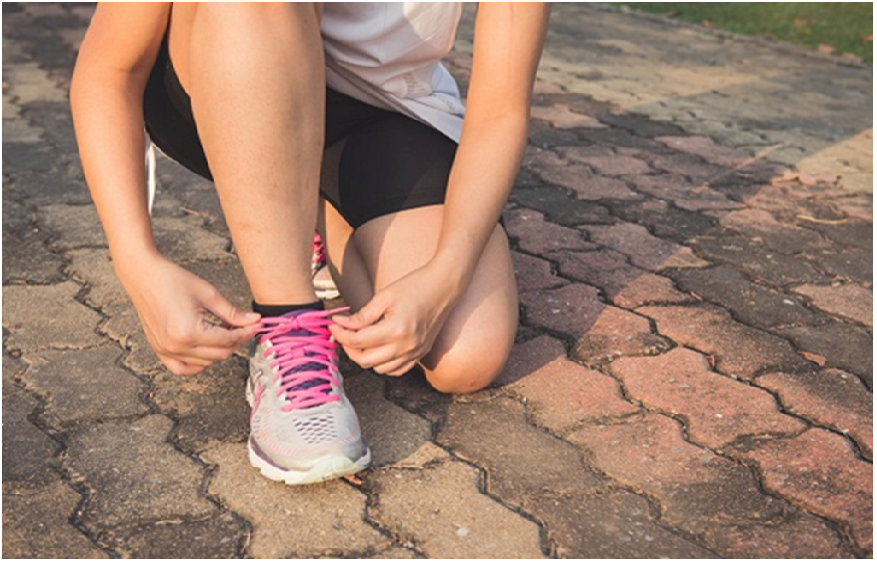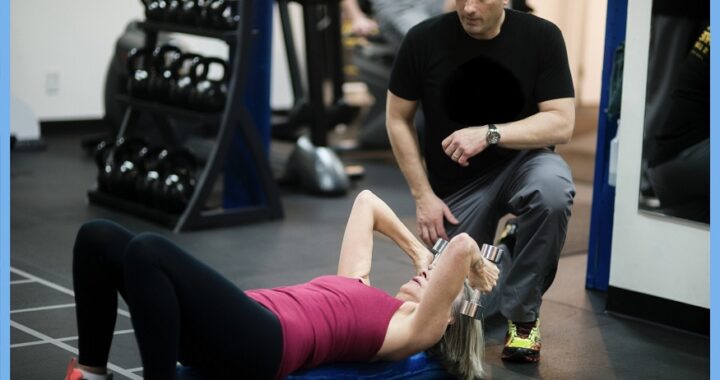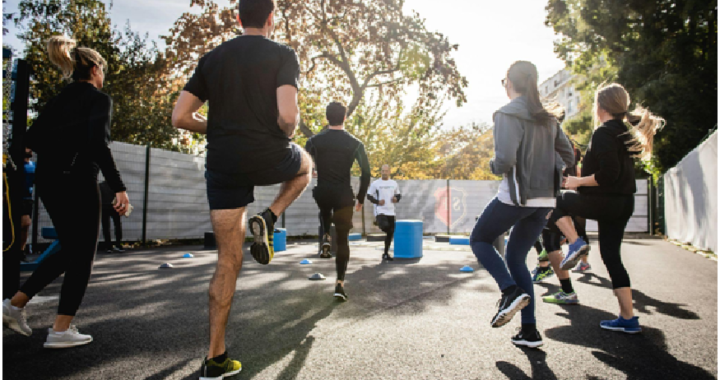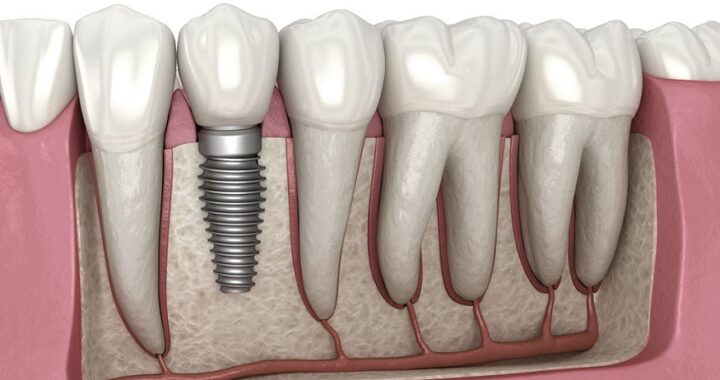8 Benefits of Regular Exercise

Are you finding yourself less active than you usually are? In the midst of the global Coronavirus pandemic perhaps you are now working from home, are home-schooling the kids and have not been able to play your usual sports. Unfortunately, it is likely that with the change in lifestyle we are experiencing, many of us are barely moving some days.
A sedentary lifestyle can lead to really negative effects on both our physical health and our mental wellbeing. Acute and chronic injuries are common too, due to weakened muscles caused by less movement.
Here are 8 great reasons to stay as active as possible, some of which may surprise you!
1. Weight Loss, and Stronger Muscles & Bones
We know that more exercise equals weight loss. A healthy weight takes pressure off joints such as knees and hips, and therefore minimises the chance of inflammation and injury, and even arthritis down the track. Here are some additional exercises to reduce knee pain.
Exercise builds muscle strength and strong muscles are also important to help protect the joints, while also helping maintain bone density. With age comes inevitable loss of muscle and bone mass so it is never too late to begin.
2. Improved Blood Pressure
Exercise prevents cholesterol building up in the arteries, resulting in lower blood pressure and a lower heart rate that is needed to pump blood through the artery network.
Consider a time when walking or running a particular distance became easier than it was when you initially began – this is partly because the heart becomes much more efficient and your resting heart rate has reduced, which in turn improves overall fitness and exercise capability. Regular exercise helps keep your blood pressure in check and may even avoid the need for medication.
- Better Posture
More and more jobs and lifestyle factors involve sitting – whether that is in front of a computer or a TV. Sitting puts increased stress on the neck, back, arms and legs, causing pain and pressure on the spine.
Some basic exercises and stretching every 30 minutes can have a significant effect on preventing issues. So, get up and spend just 30 seconds at a time to move, to help prevent posture-related pain.
On top of easing the pressure, exercises that strengthen muscles are good for improving posture. These exercises don’t need to be resistance or weight movements, as pilates and yoga are also fantastic for switching on postural muscles and assist with good body movement.
4. Less Chance of Illness & Disease
You may have heard the notion that sitting all day will kill you. Well, studies have shown that a sedentary lifestyle can drastically increase the risk of heart disease, diabetes and many types of cancer. This is due to exercise effectively lowering your blood sugar level, helping to control weight and improving heart health.
The immune system gets a boost from an active lifestyle too. Physical activity can help flush bacteria out of the lungs and airways, reducing the chance of some illnesses. People who exercise on a regular basis are less likely to catch a cold, and if they do, it is often less severe and doesn’t linger.
5. Lower Anxiety & Stress
People who undertake regular exercise are able to cope better with life’s stressful moments. Not only are they able to deal with the stress better at the time of the event but display stress for less time afterwards.
Exercise takes your mind off the stress and the body produces endorphins like serotonin during exercise. These chemicals reduce the perception of pain and trigger positive feelings. A sense of accomplishment from completing a certain activity also promotes positive feelings. These feelings are not only apparent during and immediately following exercising, but in general, overall moods are more balanced.
6. Better Memory
When you exercise, blood pressure temporarily increases to help pump blood all throughout the body, including the brain. The brain receives more oxygen and energy which helps it to function better. Do you find you are able to think more clearly after exercising?
A small part of the brain called the hippocampus has a major role in learning and memory. The hippocampus becomes highly active during exercise, particularly aerobic activities such as walking, running, swimming, cycling and dancing. Maintaining regular exercise is thought to be extremely beneficial for mental and cognitive health, especially in older adults.
7. More Confidence
Setting goals, putting in effort working towards them, overcoming obstacles and achieving those goals gives a sense of accomplishment and a boost to confidence. This can apply to all sorts of aspects, such as work, a project – or an exercise regime.
Improvements in body composition and self-perceived improvements in physical appearance also help to increase confidence. Exercising can be quite a social activity when performed as a group or team and making friends and having a laugh also leads to greater confidence.
8. More Happiness
You’ll experience so much more vitality with exercise, as your body’s energy supply increases and oxygen circulation is boosted. Your body will function better and use energy more efficiently. With all the positive changes your body and mind experience through regular exercise, it seems that happiness is just a bit of movement away!
When starting a new exercise program or sporting activity, seek professional advice and take it slowly at first. A sports physiotherapist like the expert team members at Melbourne Sports Physiotherapy are there to assist should any pain or an injury occur. They pride themselves on getting you moving pain free as soon as possible. You can call or book online, to get you back to living a healthier, more fulfilling life.

 Boxing Gold Coast: What You Need To Know Before Stepping Into The Ring
Boxing Gold Coast: What You Need To Know Before Stepping Into The Ring  Types Of Physical Activities You Can Undertake From Today
Types Of Physical Activities You Can Undertake From Today  The Essential Guide For Finding The Perfect Personal Trainer In Nyack NY!
The Essential Guide For Finding The Perfect Personal Trainer In Nyack NY!  Tips to Achieve Exercise Success in 2025
Tips to Achieve Exercise Success in 2025  How Personal Trainer can help achieve your goals in Fitness.
How Personal Trainer can help achieve your goals in Fitness.  Jason Wasserman on How to Unlock Wellness Through Diet and Daily Exercise
Jason Wasserman on How to Unlock Wellness Through Diet and Daily Exercise  Complete Guide to Diagnosis and Treatment of Hypertension
Complete Guide to Diagnosis and Treatment of Hypertension  Moisturizer To Sheet Masks: Skincare Essentials To Pack For Colder Months
Moisturizer To Sheet Masks: Skincare Essentials To Pack For Colder Months  The Step by Step Process of Getting Dental Implants in Fargo
The Step by Step Process of Getting Dental Implants in Fargo  5 Toronto Dietitian Approved Habits for a Healthy New Year
5 Toronto Dietitian Approved Habits for a Healthy New Year